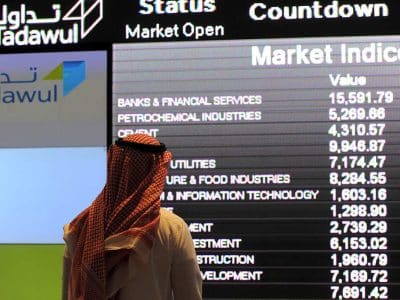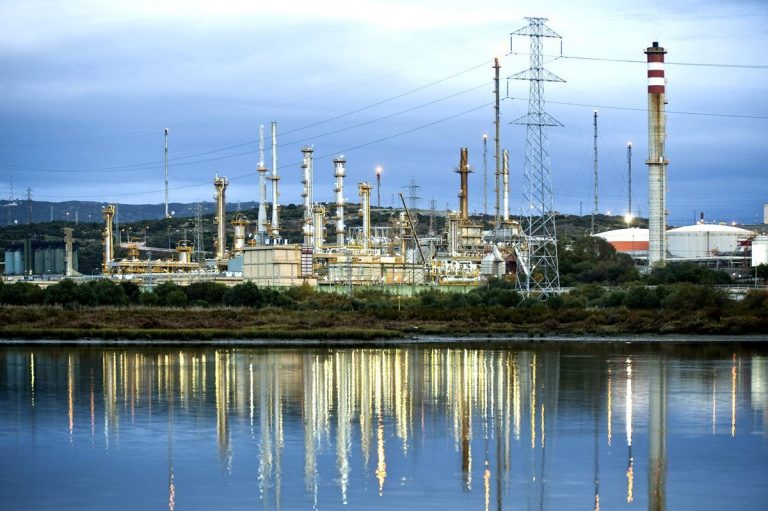The UAE’s break-even price
for oil has risen to US$107 per barrel, the highest in the GCC, amid higher spending,
according to a report from Emirates NBD.
The break-even price is the
value that is required in order for a country to balance its budget.
Gulf economies are expected
to benefit from rapidly rising oil prices in the short term but remain
vulnerable to negative price shocks, the lender said in its GCC Quarterly
update.
“For the GCC oil producers,
the additional export revenues should provide further comfort to push ahead
with planned expenditure, particularly for the UAE, which has a relatively high
break-even oil price and has been more conservative with spending growth in
recent years,” said the report.
“Higher spending in the
advance of a diversification of budget revenues increases the GCC budgets’
vulnerability to a negative price shock,” it added.
GCC governments have boosted
public spending in the wake of the Arab Spring in a bid to head off social
problems. Moves have included raising public sector salaries, providing more
social aid, creating jobs and building houses.
The benchmark rate for Brent
crude reached US$123 per barrel in March, the highest monthly average since July
2008 on the back of geopolitical tension and risk.
For some countries in the
region, the budgetary break-even price is now nearly as high as current oil
prices.
Saudi Arabia has the second highest break-even price in the GCC
at US$80 per barrel, based on a forecast budget expenditure of US$213bn for 2012,
followed by Oman and Bahrain at US$90-US$100 per barrel.
Kuwait is the lowest at
US$55, noted the report.
“The UAE’s breakeven oil price has risen sharply over
the last five years, as expenditure has grown from around 18 percent of GDP in
2007 to an estimated 30 percent of GDP in 2012,” the Emirates NBD report
stated.
“At the same time, non-hydrocarbon budget revenues
have declined from 25.5 percent of total revenue in 2007 to an estimated 20.8
percent of total revenue in 2012.
“Oil revenues have thus
become a more important source of budget revenue, and the fiscal position is
more vulnerable to a sharp decline in oil prices than was the case five years
ago,” said Emirates NBD.








